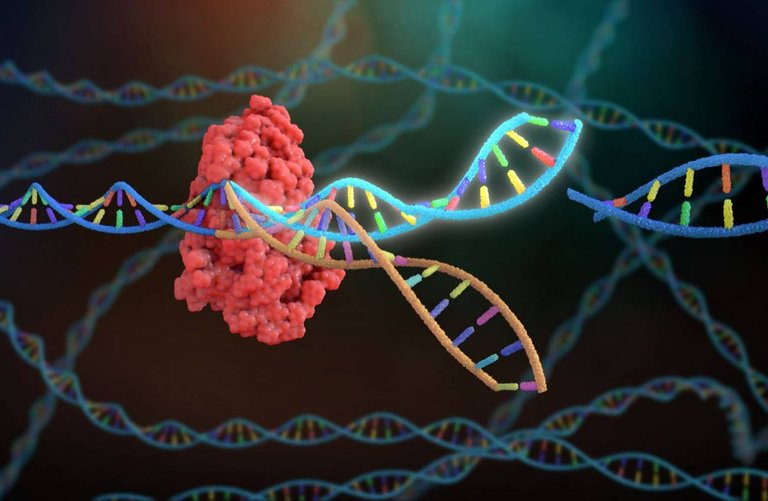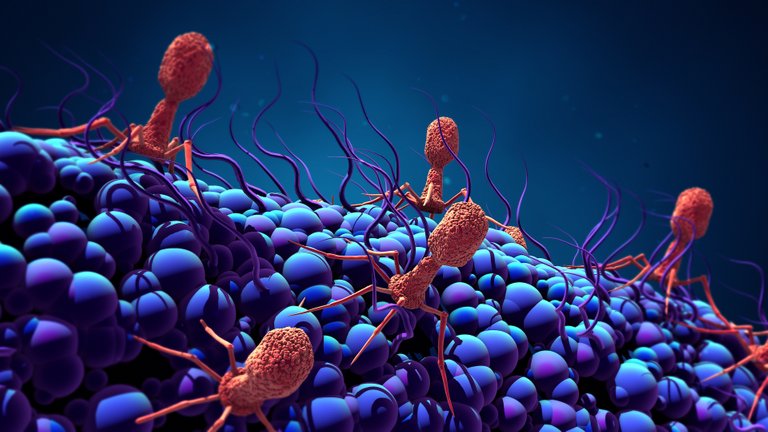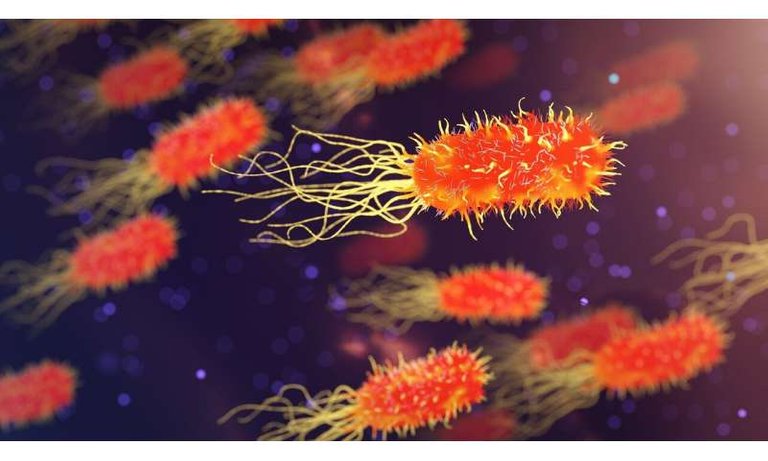
Source
In 1993 Francisco Mojica from the University of Alicante discovered strange repetitions in the genome of some bacteria and their role in the immunity mechanisms of prokaryotic cells.
Subsequently, the investigations of Emmanuelle Charpentier and Jennifer Doudna found the famous genetic editing tool called CRISPR-Cas9, for which they received the Princesa de Asturias award in 2015.
As you already know CRISPR-Cas9 is a genetic tool that allows you to locate a piece of DNA and cut and delete it or even change it to another DNA sequence instead, something like searching and replacing in a text editor.

Source
All these CRISPR systems until now have only been found in bacteria but now, the Jennifer Doudna team has found a new enzyme similar to Cas9 but this time inside a virus, something like a virus with antivirus.
CasΦ, which is what they have called this new enzyme, is not only much more compact than Cas9, allowing it to better adapt to gene therapy vectors, where the Cas9 enzyme does not fit because it is too large.
Furthermore, Cas9 comes from bacteria pathogenic to humans, which causes rejection in some patients who have antibodies against it, which scientists hope will not happen with CasΦ because it comes from a virus that only infects bacteria.

Source
In short, a virus robs a bacterium of its weapons against other viruses, this virus uses it to eliminate its rivals that infect the same bacteria and we use it to repair and who knows if we can improve our genome.
There is no doubt that every day we can hallucinate a little more with so many intelligent minds investigating for our benefit and it is that we cannot forget that 99% of all the geniuses in history are alive and working for us.
More information:
https://science.sciencemag.org/content/369/6501/333


Versión en español

Hello @mauromar.
I believe that part of these discoveries, besides being made by very brilliant minds, are facilitated by advances in the tools used, lenses, microscopes, new chemicals and ways to further break down or fragment macromolecules.
Good point, these people who are making new discoveries, are working very hard at present.
Hi Jose, you're right, all these discoveries are the result of different converging disciplines.